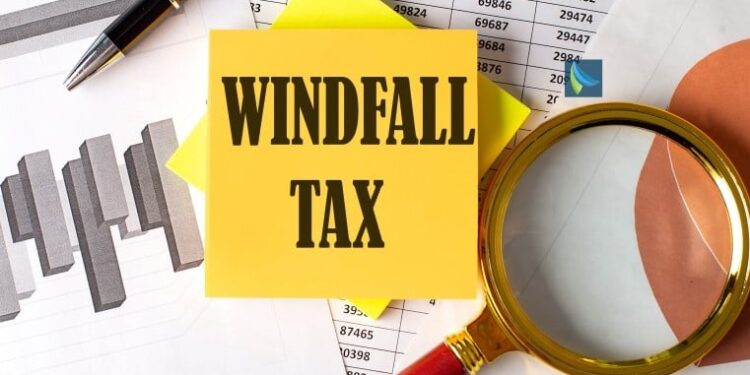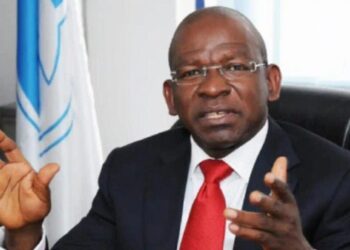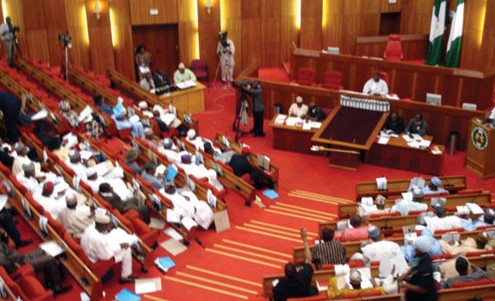The Nigerian government’s recent decision to impose a 50% windfall tax on banks’ foreign exchange revaluation gains recorded in 2023 has continued to generate negative reactions from both individuals and corporate organisations.
President Bola Tinubu had proposed an amendment to the 2023 Finance Act, aiming to impose a 50% tax on foreign exchange gains recorded by commercial banks in Nigeria for the full year 2023.
This move, now awaiting Senate approval, has sparked considerable controversy among stakeholders, who are accusing government of overbearing or overreaching in its relationships with private entities operating in the economy.
However, the move, according to the government, is aimed at addressing the country’s revenue challenges, amid government’s alleged extra budgetary allocations and spendings, that have also not gone down well with the citizens, whose living standards continue to deteriorate.
Specifically, Progressive Shareholders Association of Nigeria (PSAN) and other stakeholders argue that Nigeria’s tax policy does not support retroactive taxation, and implementing this tax on banks after they have settled their tax liabilities for the 2023 financial year could lead to over burdening the lenders and denying shareholders of their rightful benefits, moving forward.
Other analysts foresee some legal disputes and constitutional challenges, ocassioned by the eventually implementation of this policy.
In fact, many of these banks have submitted their tax returns for the 2023 financial year and have equally settled the resultant benefits to their stakeholders.
Boniface Okezie, national coordinator, PSAN says, as shareholders of the banks, they outrightly condemned this unholy move and ask that such move be halted forthwith , arguing further that government seems to be confused on the way of wriggling out of the challenges that, he laid squarely on bad governance.
ALSO READ:
In Okezie’s direct response to metrobusinessnews.com (MBN), Whatsapp inquiry, he responded thus:
“First I don’t like commenting on the activities of this present government.I don’t know wether we still have government in this country and if we have, what are their polices toward growing the economy.? It is sad that government can’t distinguish between the roles of the banks and other governments agencies; that banks, that operate in Nigerian economy today are private equity companies….As the banks are made to recapitalized, I want to urge the government to invest in them to become part owners so they can be collecting money from them as their tax machines to share among the executive and the National Assembly because these are the two bodies the economy is devoted to, and not the common man because, there is nothing like that in Nigeria. Why on earth government wil wake up to slam such increase of 50% tax on Banks,…are they the cause of the economic woes or are they the ones saddled with the running of the economy? Apart from that the banks are still liable to pay humongous tax after profits from their books; I think the government wants them to close shops, or may be CBN will take over running of these banks. My advise to the bank owners is that they have to wake up to fight this together with their shareholders ; because this is no longer a joke, or, if it is, then it is taking too far.They want them to be out of business, and if they are still in business, they don’t want them to pay dividends any more to their shareholders, but rather to the government, the new owners of the banks?. What a country .
After struggling to raise the capital from the market, and in the event of not being able to meet up with other requirements, the same government and Amcon will not allow them to remain in the system with their negative assets. Which bank would be allowed to remain in the system with such negative assets?.”










